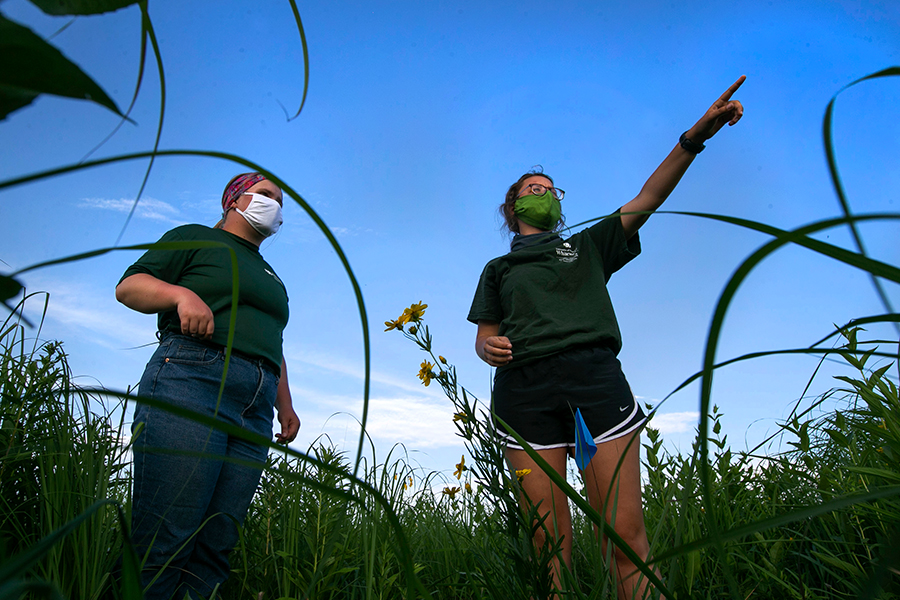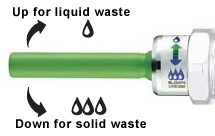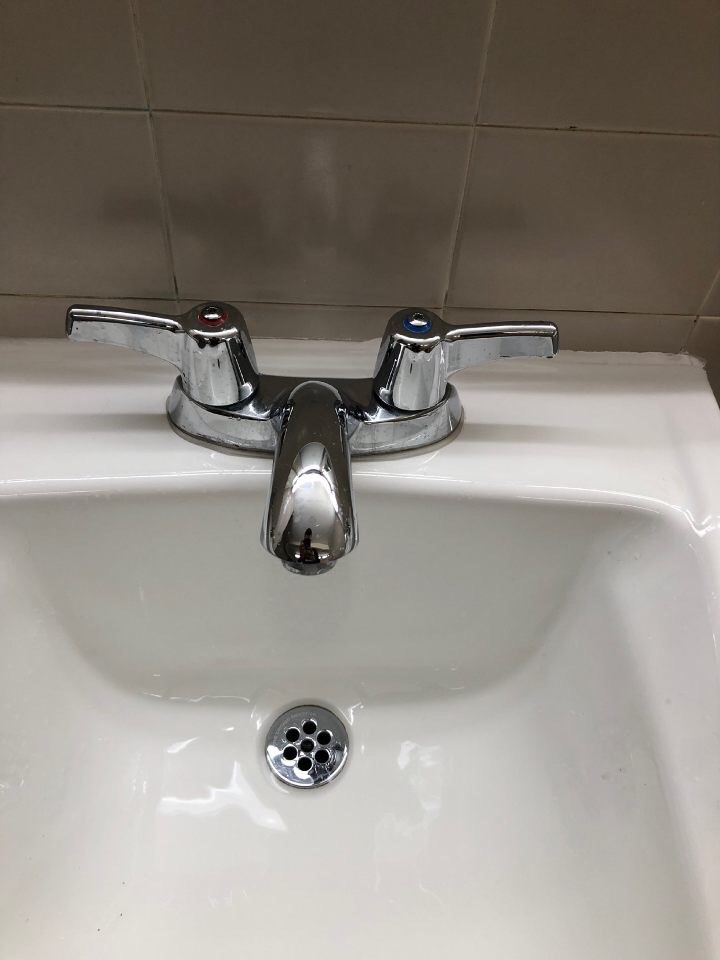Every semester, we are excited to offer some internship opportunities to UW-Whitewater undergraduates seeking experience in project management, campus engagement, and best practices research across a wide range of focus areas related to campus sustainability. Our internships are designed to run semester to semester, although many of our interns are able to maintain their paid internship positions throughout the course of the academic year. Every fall, our entire slate of active positions are opened for us to consider new applicants.
This year the COVID-19 pandemic will pose some challenges and limits to our ability to host events and campus activities, but all of our positions incorporate some remote work opportunities along with safe, socially distanced, and COVID-aware accommodations to help our students complete their internships successfully and in good health. Please take a look at the brief descriptions below and click the links to see the full job posting on Handshake to consider applying for one or more positions.

Digital Marketing
Digital Marketing The primary responsibility of this internship is to develop and coordinate exciting content for various digital platforms, including Facebook, Instagram, Twitter, and this blog! Students will be expected to utilize engaging features to tell the story of environmental initiatives at UW-Whitewater by covering events to generate new and relevant content, and adhere to social media brand guidelines. Applicants should submit a portfolio of previous work. This internship is perfect for a Marketing major and will work with a UW-Whitewater alum with a BBA in Marketing, but various majors have been successful as long as they bring their creativity to the position.
Environmental Outreach
Environmental Outreach – This is a new internship position responsible for managing our citizen science program participation, which includes stream monitoring for the Water Action Volunteers program. There are other citizen science programs being considered for ongoing participation and engagement of the campus community and general public. The projects will also include developing trail signage to help transform the UW-Whitewater Nature Preserve into a more park-like environment for visitors to learn and explore. The position is great for an Environmental Science or related major interested in work as a nature educator or park interpretive guide.
Grounds Management
Grounds Management – This position has grown considerably in scope to encompass opportunities understanding how to better manage the ecosystems found on the UW-Whitewater campus. The primary focus will be developing a management plan for the UW-Whitewater Nature Preserve with coordination from faculty experts in the area. This intern is also involved in aspects of tree care related to our campus arboreta, specifically the Salisbury Idea and 50 Trees for 50 Years of Earth Day campaign. Interested students should either have a strong background or interest in identifying a wide variety of plant life and a responsible self-starter to manage restoration projects according to best practices.
Waste and Recycling
Waste and Recycling – As UW-Whitewater starts a new waste hauling contract with Advanced Disposal and finishes the roll-out of the Waste Bin Reduction program, this position will focus on outreach and education resources related to communicating with campus users how best to recycle various materials. The intern is also typically involved in developing pilot composting programs and gets involved with hands-on work to implement new signage and bin placements. This internship is ideal for a student newer to sustainability as waste/recycling issues are often the best identifiable aspect of campus sustainability in operations.

Garden and Greenhouse Manager
Garden and Greenhouse Manager – This position carries a higher level of responsibility and expectation for independent work as you manage two of our remote locations on campus: Upham Greenhouse and the Campus Garden. Students will start by learning how to properly care for plants in the botanical collection of the greenhouse, propagate houseplants for fundraising sales, learning how to manage an aging facility with plenty of “quirks,” and maintaining a clean and orderly environment for greenhouse users. Spring semester is focused mainly on propagating plants for the spring plant sale and Campus Garden planting for the 2021 season. The position will include full-time hours in Summer 2021 and is not subject to Fall 2021 renewal. Students hired for this position must have a graduation date of December 2021 or later for consideration. Interviews will include participating in a two-hour volunteer session at the Campus Garden with the 2020 Garden and Greenhouse Manager.
Transportation
Transportation – Transportation programs at UW-Whitewater have grown in a wide variety of ways and our intern primarily focuses on methods that are most frequently used by students, including bicycling, walking, and other forms of non-motorized transport to and around campus. Besides promotional activities, the intern will use the Bicycle Friendly University assessment to guide future recommendations. The intern will also assist with promoting ridership in the carpooling service Zimride and the Warhawk Shuttle services. Students with an interest in urban planning might find some of the considerations for transportation planning a good fit for future careers.
Data Analytics
Data Analytics – This internship will focus primarily on improving the overall data collection methodology utilized by the Sustainability Office, including data management for the STARS sustainability assessment to be conducted in 2021. This intern will also utilize the Energy Star Portfolio Manager to curate utility data for the university and explore development of a data visualization platform (either Tableau or Microsoft Power BI). This specialized internship is ideal for a student studying Business Analytics or degree programs in the Computer Science Department.











